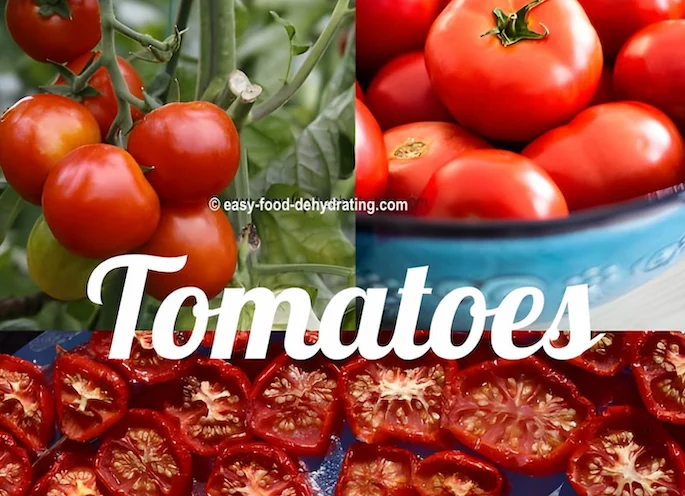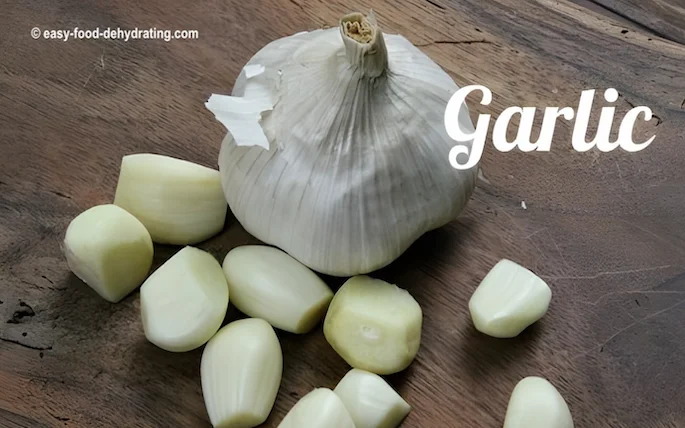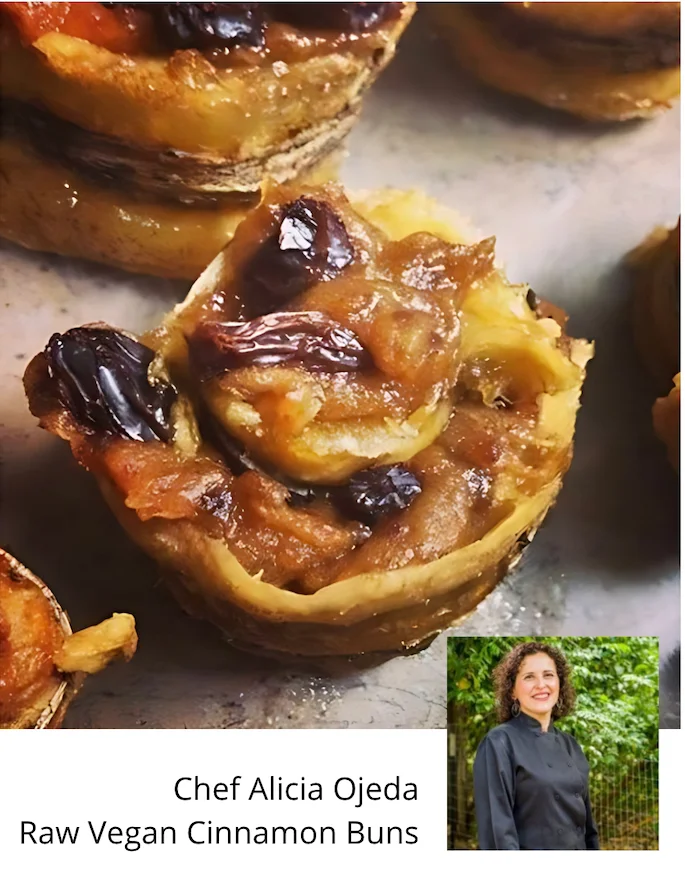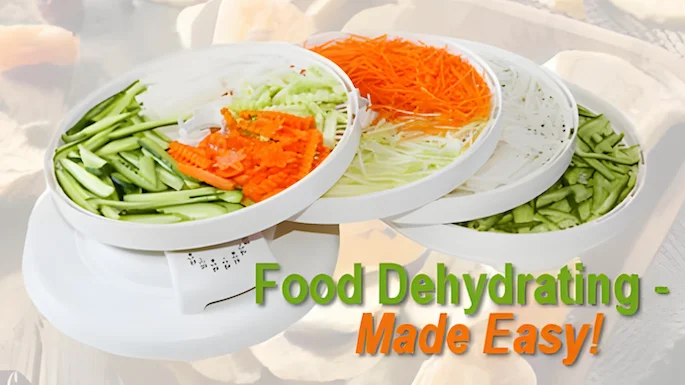- Home
- How To Dehydrate Vegetables
- How To Dehydrate Mushrooms: Our 2-Step Drying Process Revealed
How to Dehydrate Mushrooms

by: Susan Gast / Author, Blogger at Easy Food Dehydrating, Beesville Books, and SupaBees music!
When learning how to dehydrate mushrooms, you need to be aware that special care is needed.
Don't wash them as that
will make them too wet. A damp cloth wipe-over is all you need.
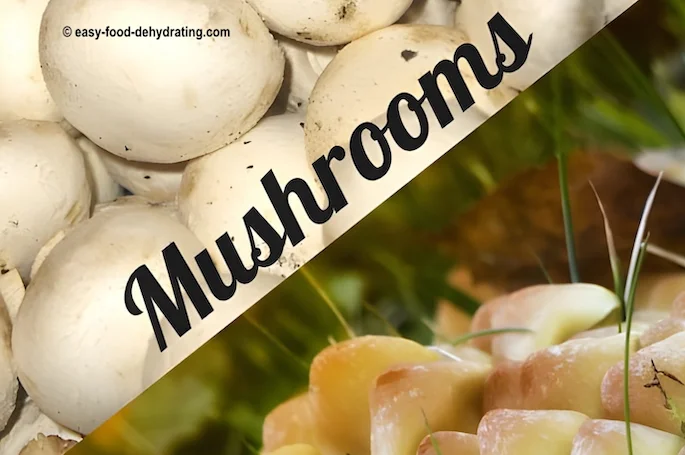
Frequently Asked Questions:
Top question, no surprise: How do you dehydrate mushrooms?
Top question, no surprise: How do you dehydrate mushrooms?
See full deets further down this page.
How long to dehydrate mushrooms?
How long to dehydrate mushrooms?
Please continue reading this page to see how long it takes. It's a two-step process...
What is the best substrate for growing mushrooms?
What is the best substrate for growing mushrooms?
This can be anything from wood chips to straw. The best substrate for mushrooms is one that is rich in organic matter. More on this at the bottom of the page in the "Best Area to Grow Mushrooms."
What are dehydrated mushrooms used for?
What are dehydrated mushrooms used for?
Dehydrated mushrooms can be used in many different dishes. They can be reconstituted and used in soups, stews, sauces, or stir-fries.
Dehydrated mushrooms can also be ground into a powder and used as a seasoning.

Mushrooms Nutrition Info.
VITAMINS: Vitamin D, Vitamin C, Choline, Folate, Betaine, and Niacin, followed by trace amounts of Pantothenic Acid, Riboflavin, Thiamine, and vitamin B6.
MINERALS: Potassium and Phosphorus, followed by Magnesium and Calcium, and also contain trace amounts of Iron, Zinc, Copper, and Selenium.
Mushrooms also contain Omega-6 fatty acids.
Attention Mushroom Pickers ~ Identity Crisis Averted!
Before you dehydrate the wild mushrooms you picked on your hike, check out this article on Mushroom Identification.
Their website covers many different kinds of mushrooms; so learn how to identify them! Make sure they're NOT poisonous!
I dehydrate mushrooms using
two different
temperature settings.
Please see #3 in the instructions,
coming up..
I dehydrate mushrooms using two different
temperature settings.
Please see #3 in the instructions, coming up..

How to Dehydrate Mushrooms
Special Care is Needed when Dehydrating Mushrooms...
Let's get going... it's time to learn how to dehydrate mushrooms!
- Buy them pre-sliced for convenience. If you're using whole ones, gently wipe them with a clean damp cloth first to clean them. That's all you need to do. If whole, slice from the cap top down through the stem, into 3/8" slices.
- Arrange your slices on your food dehydrator trays, making sure the slices don't overlap.
- SPECIAL NOTE: Turn on your food dehydrator at 90°F for Excalibur dehydrators, and 95°F for Nesco dehydrators—for two to three hours THEN set the temperature to 125°F and dry for the remaining time.
Use our Fahrenheit to Celsius converter here on our site!
PLEASE pay attention to STEP #3 above.
Heed the two different temperature settings... Use 90°F to 95°F for the FIRST drying session, then raise the temperature to 125°F to finish the drying process.
Drying at the lower temperature first ensures you don't dry out the mushrooms too fast - which causes case hardening:
"Case Hardening" Per Google:
If the food is
dried at a temperature that is too high, the outer surface will harden,
preventing moisture from escaping from the center of the slice—this is called case hardening.
- Mushrooms will be leathery when fully dried.
- Drying time: 3 hours at low temperature, then up to 10 hours at higher temperature.
- Please remember to rotate your trays for even drying.
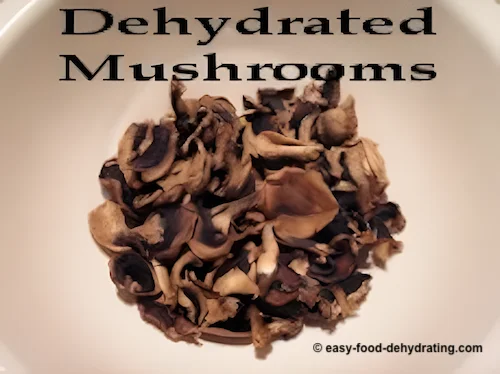
ANOTHER IMPORTANT NOTE:
Don't be fooled by the first drying. After conditioning (having dehydrated foods sit around for a day in Ziploc bags on your kitchen counter—this helps disperse any remaining dampness evenly), they may still be too damp for vacuuming packing.
Don't be afraid to really dry them out by giving them another go-around in the dehydrator—it's what I usually end up having to do.
Test for excess moisture by squeezing the slices.
Best Areas to Grow Mushrooms
Mushrooms are a type of fungi that come in many different shapes, sizes, and colors. They can be found all over the world, growing in both natural and man-made habitats.
They are typically grown in dark, humid environments. This is because they need darkness to grow, and humidity helps them stay hydrated.
If you’re thinking about growing mushrooms, here are a few tips to keep in mind:
- Mushrooms need a substrate to grow on. This can be anything from wood chips to straw.
- Mushrooms also need darkness and high humidity to grow properly. A good way to create this environment is by using a plastic bag or terrarium.
- Mushrooms typically take about 2-4 weeks to grow from spores to full-sized mushrooms.
- Harvest your mushrooms when they are big enough to eat. This is typically when the caps are fully open.
If you’re looking for a crop that is relatively easy to grow and can be used in many different recipes, mushrooms are a great option.
What's Cookin'?
Filet Mignon with Drunken Mushrooms and Mashed Potatoes!
Where's the beef? It's right here—in this wonderful Filet Mignon recipe shared by Jen Reviews.
Prep time is only 30 mins, with a cooking time of 45 minutes.
For red meat lovers, I'd say it's well worth the time and effort to impress your better half - hey, and yourself too! Their recipe includes full-color step-by-step instructions.
Back in the UK
As a kid growing up in the UK, I recall a neighboring farmer who had a couple of mushroom sheds. What was interesting (to me) was the roof's apex wasn't closed off. There was about a six-inch gap. I think it was for ventilation purposes.
The gap also let in light, but as you know, mushrooms like darkness and high humidity—which was just as well—because in northern England it rains... a lot... and I'm sure gallons of rain made its way into the mushroom shed through the roof 'gap.'
Jeez, it's funny the stuff you remember, huh? (I'm going back 45 years here!)
Thanks for taking the time today to learn how to dehydrate mushrooms. Don't forget to make sure they are "really" dry before vacuum-sealing.
Don't forget to get your free "Six Simple Steps" eBook where I share how to dehydrate food safely!
Before You Go...
If you like the content, please give me some love by clicking on the 🩷 in the lower right hand corner (on just about all my pages). This signals to me that you find it enjoyable and useful. Thank you so much!



